
 Instagram
Instagram
What is dirty bulking

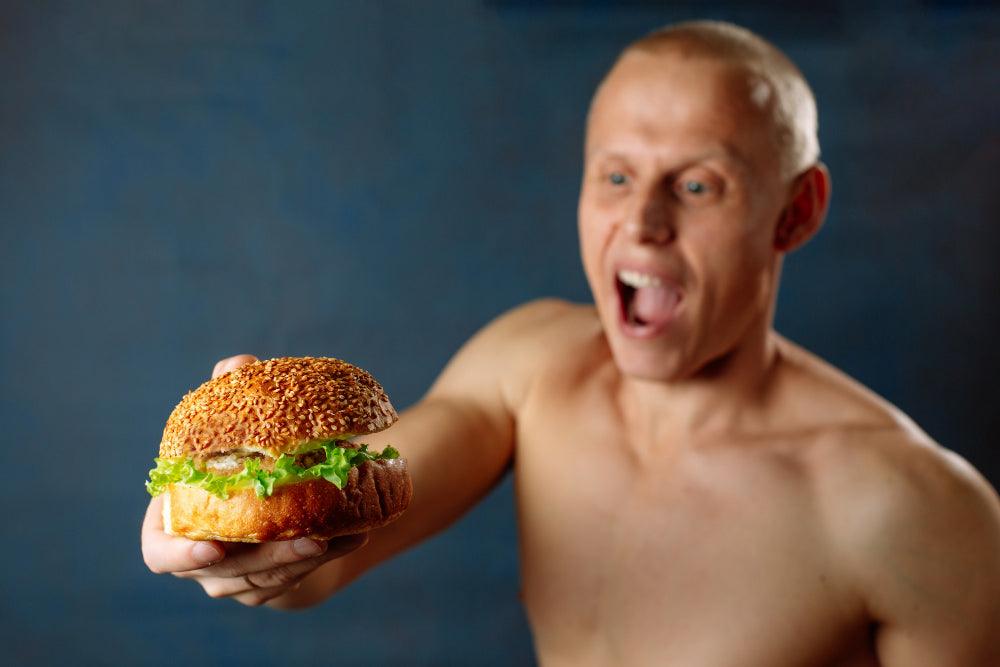
Related products
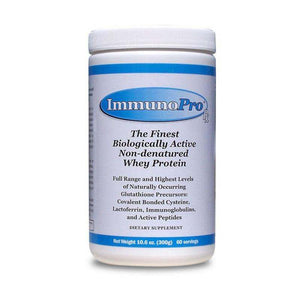
What’s covered?
What is dirty bulking?

An overview
People who want to gain weight often use the diet technique known as "dirty bulking." It entails consuming foods high in calories, such as junk food and snacks. Contrarily, clean bulking entails making healthier meal selections. Although dirty bulking will help you gain weight, it can also have negative health effects and may not be the best option.
The math may be straightforward for those aiming to bulk up and gain muscle quickly. To put on a pound, you must eat 2,800 more calories each day than you expend. Since most people only burn around 2,000 calories daily, you must consume 4,800 calories to gain that weight in a single day. While it may seem easy, eating wholesome things like veggies and lean protein can make it harder than you might imagine.
If you frequently exercise, like many individuals interested in dirty bulking, you probably burn more calories each day than the recommended 2,000, which means you require even more. To fuel athletic performance and achieve your fitness goals, it’s important to ensure that the calories you’re consuming are not only helping you gain weight but also providing you with the necessary energy for your workouts.
So how can you achieve this? The practice of dirty bulking is one way. Using this method, you can bulk up by ingesting a lot of junk food, such as chips, candy, and sugary drinks. However, this can negatively impact your overall health and sports performance over time due to the lack of essential nutrients and excess unhealthy fats.
But is dirty bulking effective? More importantly, is it the best course of action? Learn more by reading on.
What does dirty bulking do to your body?

In the bodybuilding community, bigger is frequently seen to be better. One strategy for gaining weight quickly is dirty bulking. Contrary to lean or "clean" bulking, which emphasises wholesome foods and attempts to increase muscle mass without increasing body fat, filthy bulking is a no-holds-barred strategy for putting yourself into a quick calorie excess to gain weight more quickly.
The goal is to consume enough calories to gain weight and, ideally, muscle. Although extra calories are excellent for boosting body mass, there is no assurance that the weight will be added to your muscles. Although filthy bulking is popular among bodybuilders, it may also benefit powerlifters, gym members seeking to add muscular mass, or anyone wishing to gain weight generally. For those looking to improve muscle performance, taking mass and muscle gainers can help support higher calorie consumption in a more controlled manner, promoting lean muscle development. Additionally, muscle pump supplements can enhance workout intensity, contributing to better muscle growth over time.
And while gaining weight quickly by devouring bags of chips and enormous meals high in calories may sound like fun, it won't be particularly enjoyable in the long term. Rather than relying on unhealthy food choices alone, integrating bodybuilding supplements specifically designed for muscle development can make the process more effective and sustainable, helping you gain weight while improving overall muscle health and performance.
What are the risks linked with dirty bulking?
Dirty bulking may cause the following health problems;
While dirty bulking is a terrific way to gain weight, it ignores the role that macronutrients have in the growth and health of muscles. If you routinely work out in the gym and want to gain muscle, protein should be the main component of your diet.
Restricting your unclean bulk to a specific timeframe might be useful. While a few weeks of eating whatever you want probably won't have much impact, doing so for an extended period carries substantial health consequences, including an elevated risk for some malignancies.
1. Diabetes mellitus
2. Heart diseases
3. High blood pressure
4. Kidney damage
5. Stroke
6. Stomach problems
Which foods can cause dirty bulking?
You can achieve your weight gain objectives by eating foods that are heavy in fat, calories, and proteins. Some examples are fast food, carbohydrates, ice cream, and anything else that would be forbidden on other diets. There is just one guideline: maintain a calorie surplus. Dirty bulkers frequently consume protein powders and other dietary supplements to assist them to add extra calories as well. For instance, a Weider Mega Mass 4000 can help you achieve the calorie surplus required, as it offers a rich source of carbs and protein in a single serving, making it easier to meet your daily intake.
After "dirty bulking," bodybuilders frequently go through a "reducing weight" phase where they aim to lose extra fat by working out and concentrating on the growth of lean muscle. During this phase, supplements like Mutant Mass Extreme can support muscle mass retention, ensuring that the weight you gain is more muscle than fat.
Is dirty bulking effective?
Depending on your objectives, dirty bulking will undoubtedly help you reach your weight-gain goals if that is all you want to do. It's easy math, as we just explained. You gain weight when you eat more calories than you burn. However, if your main objectives are muscle gain, you might need to adopt a more specialised strategy. Your outcomes will rely on what you choose to put in your body, as with filthy bulking, the foods you eat will probably contribute to fat gains rather than lean muscle gains, requiring a more cautious approach and ingestion of protein. The MyProtein Impact Weight Gainer is another excellent supplement for clean bulking, offering a high-protein, calorie-dense formula to help promote muscle growth without unnecessary fat gain.
Fast food is frequently more calorie-dense while being less full, so it may be compatible with the philosophy of filthy bulking. So, even though the numbers on the scale could be increasing, that doesn't necessarily mean it's a good choice. Consuming calorie-dense foods with high levels of sodium and sugar can have major long-term health consequences. A better alternative for clean bulking would be using supplements such as Olimp Nutrition BCAA , which can help you reduce muscle breakdown during your bulking phase and aid in preserving lean muscle mass.
What is the risk-free way to bulk up?
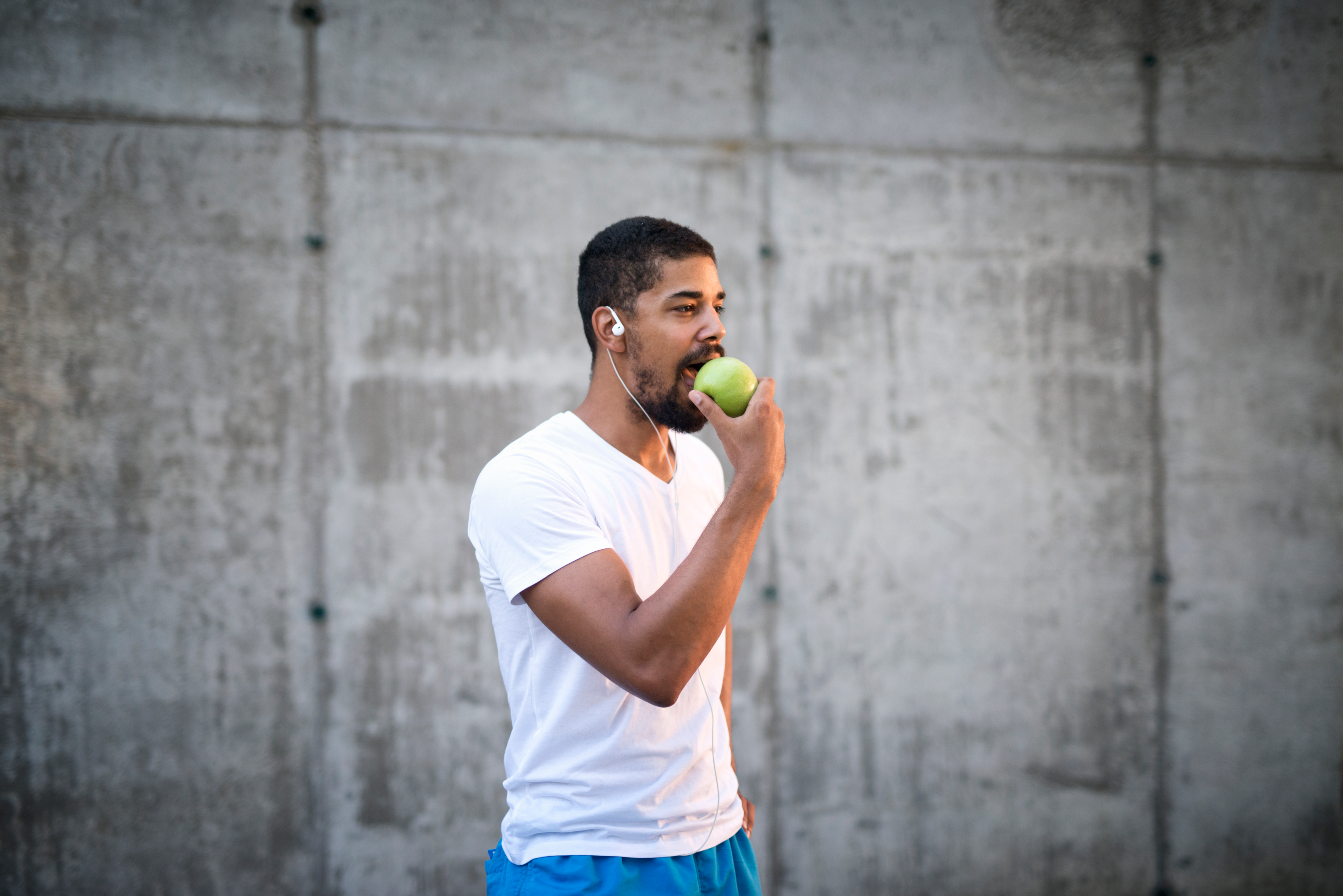
While dirty bulking can be a good way to put on weight, its lack of restraint can negatively affect your health. The practice of "clean bulking," also known as "bulking," is an alternative to "dirty bulking" for those who want to increase their muscle mass without gaining too much body fat. Supplements like Bucked Up BuckBuild Creatine & Glutamine can support muscle recovery and endurance, ensuring you can handle your workouts effectively while staying lean.
The majority of the diet consists of calorie- and nutrient-dense whole foods such as whole eggs, red meats, salmon, dried fruit, avocados, grains, nuts, nut butter, and full-fat dairy. On a clean bulk, you can increase your portion sizes, consume more healthy fats, and make sure you get enough calories before and after workouts.
What is clean bulking?
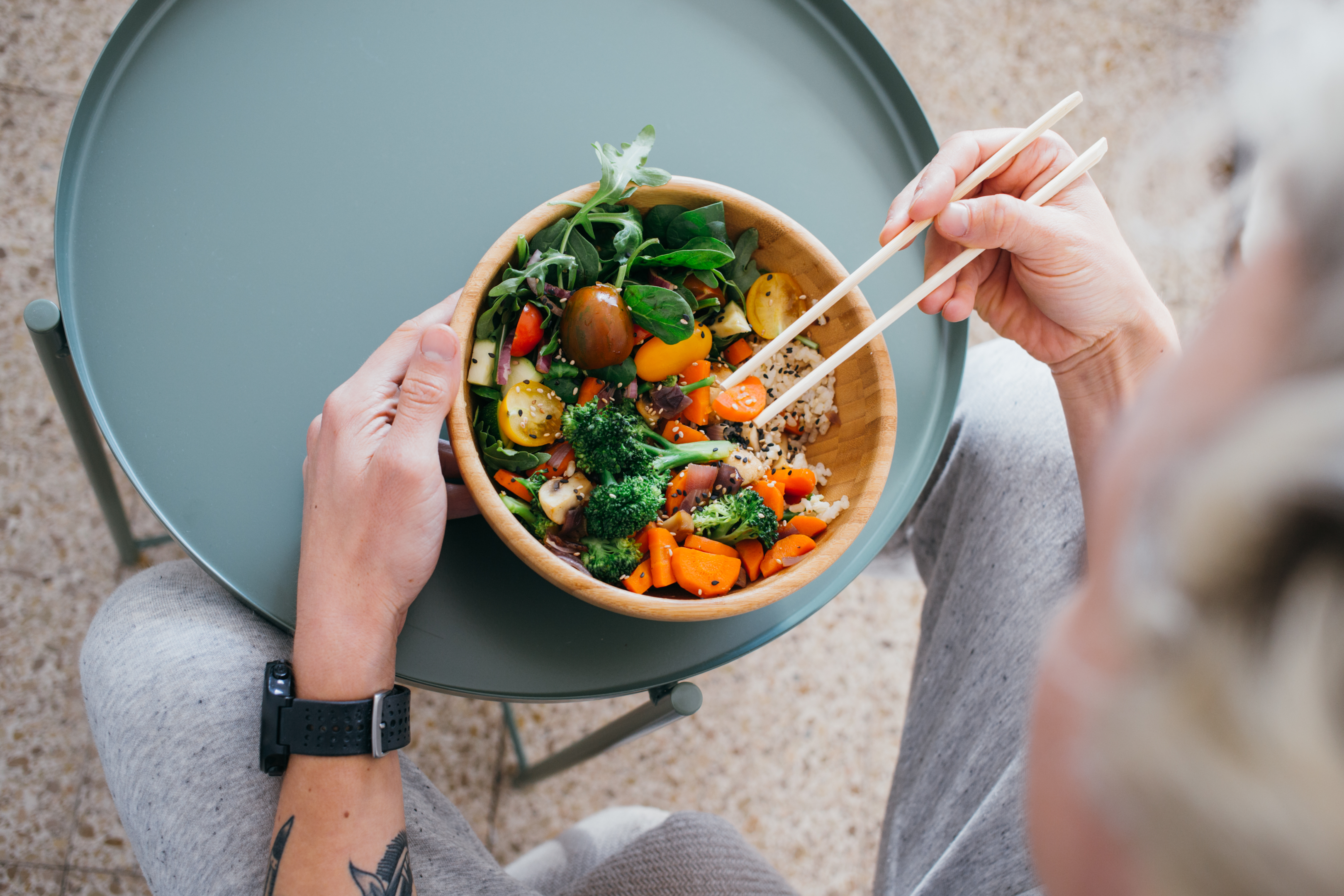
Overeating calories is a terrific method to put on weight, but if you want to build muscle, you need to watch what you eat more closely.
Another type of bulking diet is the "clean bulk," which limits fat gain and prioritises muscle growth. The greatest, healthiest approach to growing muscle is through a balanced, high-protein diet. You should consume fat in moderation and use the remaining calories to fuel your workouts.
You might want to give filthy bulking a shot if you want to put on weight quickly. Lean bulking, though, is generally a better choice if you're thinking long-term.
If you want to learn more about improving your sports performance, read through our hub here. We offer advice and at-home tests that can be used to evaluate how to better improve your workouts.
Order a Sports Performance Blood Tests here.


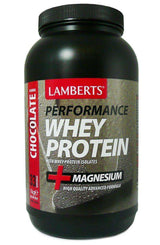
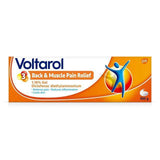

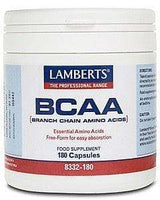
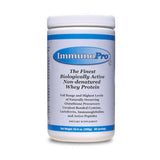
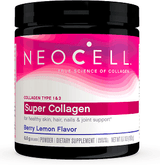

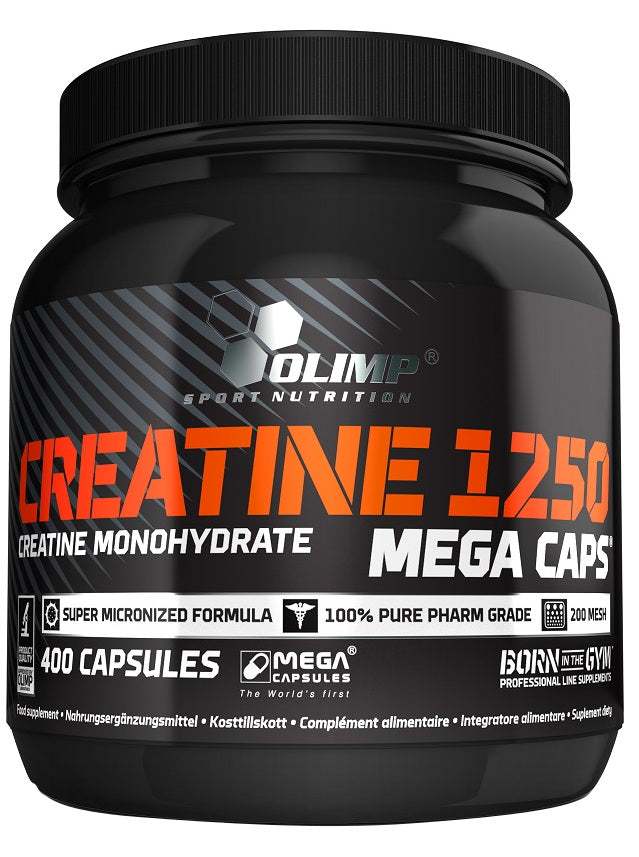
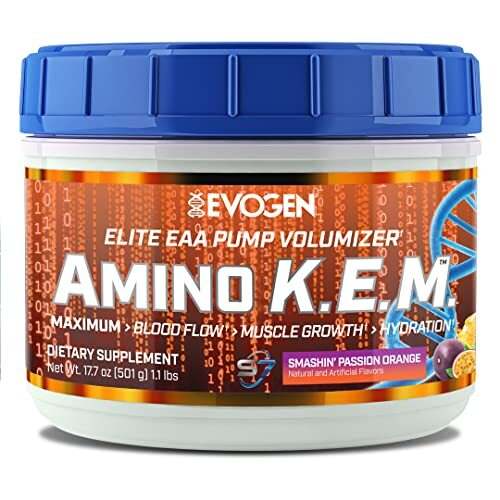
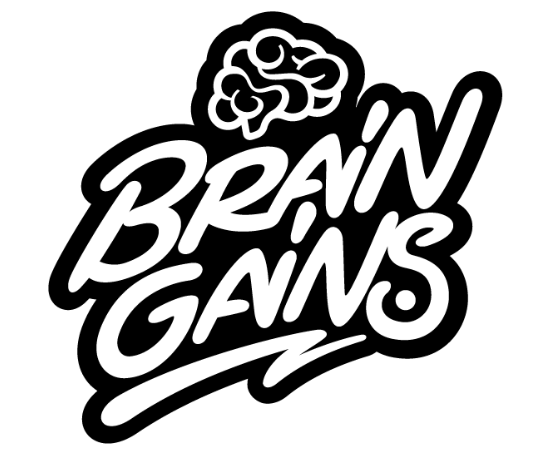
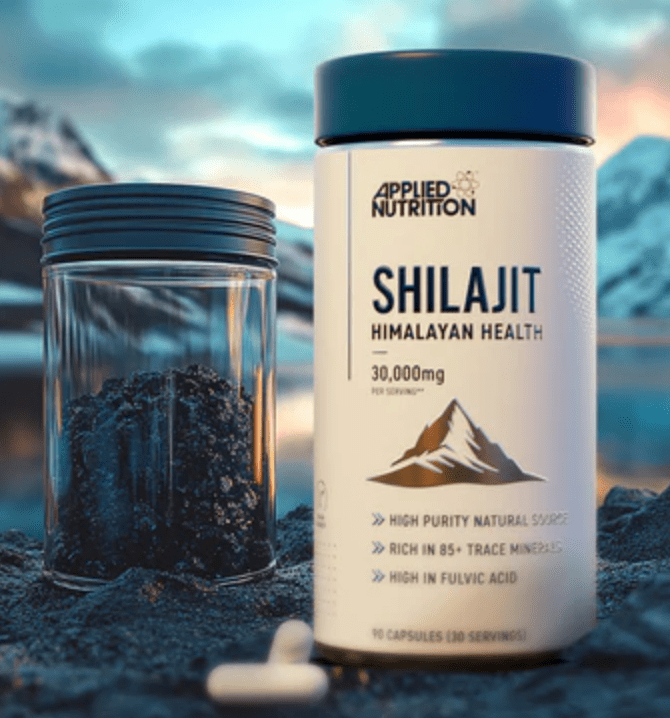
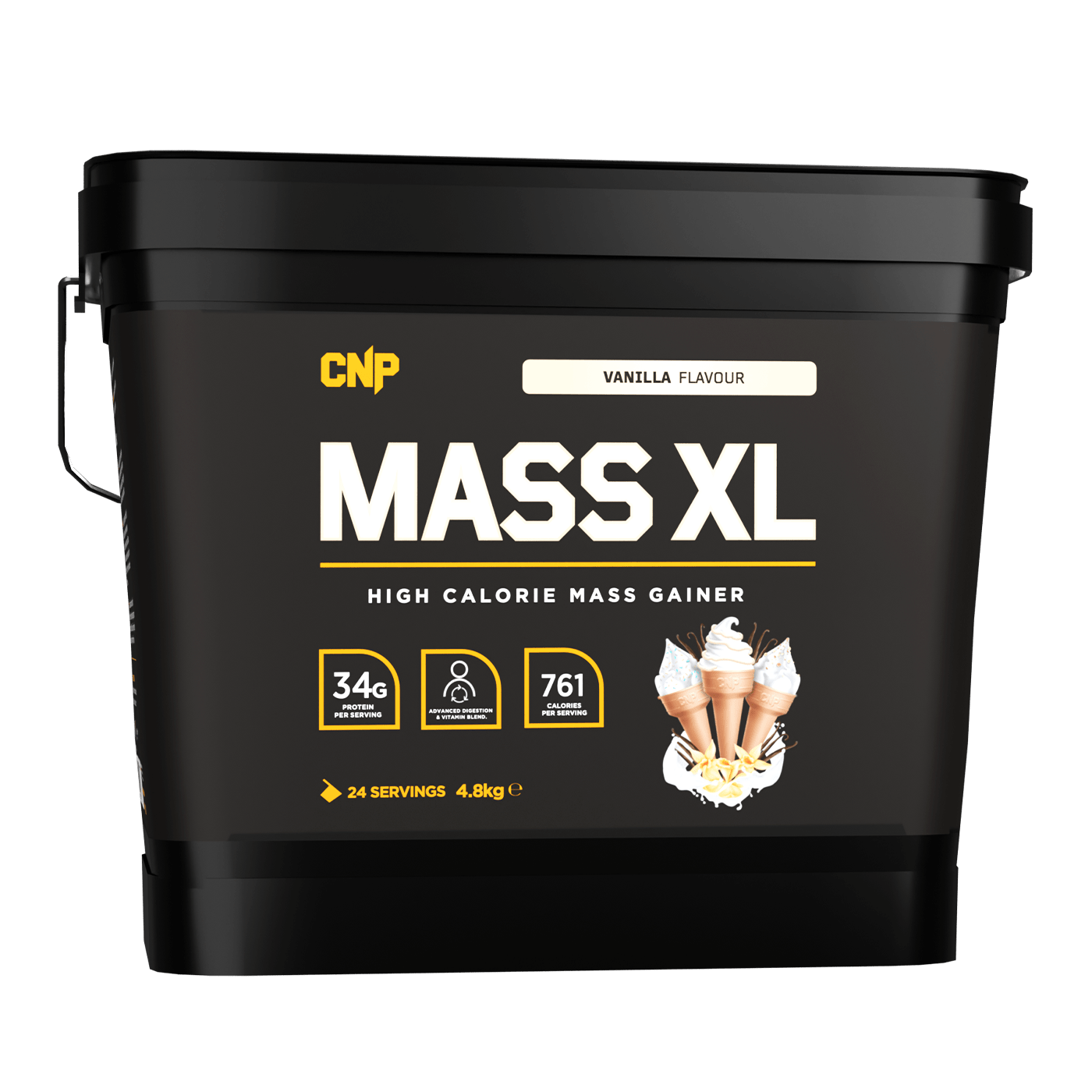
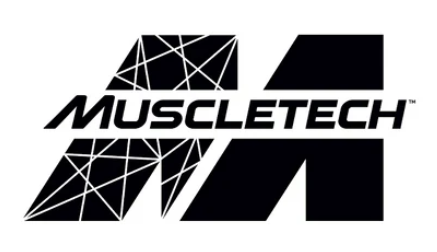




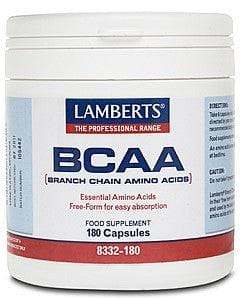
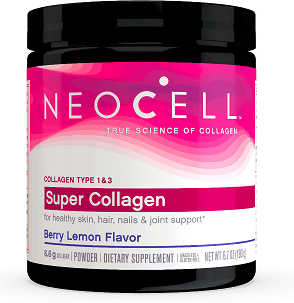











 Rated Excellent by 26,523+ Reviews
Rated Excellent by 26,523+ Reviews